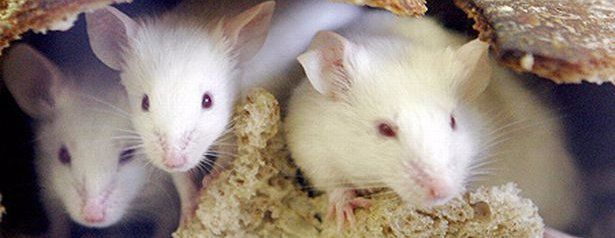The Disease of Isolation
the View from "Rat Park"

Remember the research from the 1950’s in which lab rats self-administered cocaine and ignored their food supply as they starved to death? These studies help us understand the brain science of addiction and to make sense of the apparent insanity of addictive behavior—of patients and loved ones giving up everything for the sake of drugs or alcohol. We now know what was happening to those rats. Drugs of abuse stimulate dopamine in the survival center of the brain and make continued use so reinforcing that other human “goods” lose their appeal.
Fewer people know of the “Rat Park” study of drug self-administration. In that and related studies, researchers hypothesized that the social environment plays a big role in the rats’ willingness to self-administer addictive drugs. Rat Park was Disneyland for rats—lots of food, lots of tunnels and things to do and play with, as well as other rats to play and mate with. The rats were given a choice of two fluid dispensers: one contained a morphine solution and the other plain tap water. The rats in Rat Park repeatedly selected the plain tap water by substantial margins. Even rats that were made dependent on morphine and then detoxified chose to avoid morphine self-administration when they were in Rat Park and had opportunities for social interaction. The isolated rats, on the other hand, continued to use morphine when given the opportunity.
So what does Rat Park tell us about human addiction? We know that addictive substances and behaviors are extremely rewarding. But people who achieve recovery don’t just stop using drugs; they find security and connection in healthy, supportive social relationships. Successful treatment must accommodate this social need. When we help patients overcome social anxiety, depression, trauma, grief, family dysfunction and other obstacles to develop and maintain human connection, we help them achieve health and recovery. Addiction is a disease of isolation as well as a disorder of brain function. Recovery necessarily involves social support and connection.









